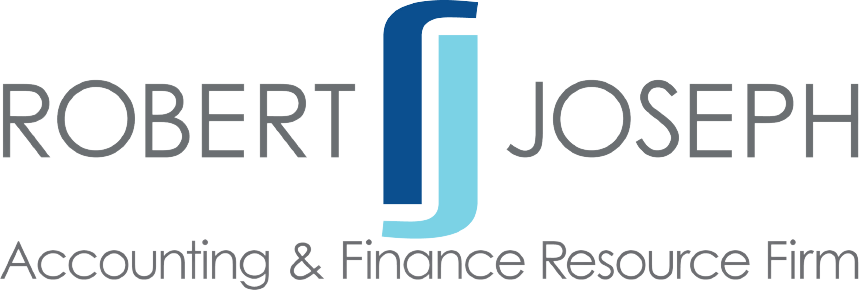What is a Forensic Accountant? 
“You have an external auditor – that‘s like a guard dog. Maybe a bulldog,” he said. “An internal auditor is a seeing-eye dog. A forensic accountant is a bloodhound.”
–Dr. Larry Crumbly, editor – “Journal of Forensic Accounting“
Forensic accountants hold a rather exciting role. They play the part of Sherlock Holmes or, as noted above, the role of a bloodhound.
They hold interviews, look at countless spreadsheets and financial reports, analyze the information, and process it through computer software. One of their primary jobs is to trace assets or to “follow the money.” They gather evidence to identify a pattern and the source of financial crime or economic loss.
Skills Needed In Forensic Accounting
Forensic accountants must be skilled and detail-oriented accountants. They must also be relentless investigators and possess an aptitude for discerning people and seeing behavioral patterns in a financial setting. Because they are often called upon to act as a witness in a trial or to present their findings in litigation, they must also be thorough communicators, able to present complex information clearly in front of an audience — both verbally and through the written word. (Having a well-rounded knowledge of the law also comes in handy.)
Because they spend their days analyzing spreadsheets, tracing transactions (like a bloodhound), and processing them through computer algorithms, they must also have computer literacy and familiarity with current accounting software.
Most importantly, they must carry a high degree of personal integrity, staying far away from bias, conflict of interest, and dishonesty.
Two “Branches” of Forensic Accounting
Litigation and Dispute and Criminal Investigation comprise the two branches of forensic accounting. However, they often intertwine inextricably with various off-shooting subcategories.
Litigation and Dispute
Civil disputes, family law and divorce proceedings, and business law require a forensic accountant’s aid when there have been quantifiable economic damages and losses sustained by one or both disputing parties. The accountant quantifies these losses, providing the information needed to (hopefully) settle litigation. Other areas that fall under accounting litigation include malpractice, bankruptcy, breaches of contract, and property infringement.
Criminal Investigation
Forensic accountants also are involved in criminal investigations. They provide invaluable evidence for crimes such as:
- Embezzlement
- Employee theft
- Securities fraud
- Identity theft
- Asset misappropriation
- Financial statement fraud
- Tax evasion
- Money laundering
- Ponzi schemes
It differs from fraud auditing, which anticipates potential fraud and seeks to prevent it. Instead, forensic accounting investigates once the fraud has already occurred.
Work-Life of a Forensic Accountant
Forensic accountants work in both the public and private sectors. They work internally in the FBI, the IRS, and insurance claim departments. They work with law firms internally, as contractors, and within accounting firms. Some companies hire in-house forensic accountants.
Most employers require a degree in a related field — such as accounting, finance, or criminal justice — and licensure as a CPA or a CFE.
Salary ranges from state to state and is affected by the experience, the specific employer, and the position itself. However, the median salary in the United States (as of February 2022) is $71,000.
No matter where you are in your career journey, The Robert Joseph Group can help you find your next step. With only the highest levels of excellence, we match top-tier talent to top-tier firms. So contact us today, and let’s get started!
